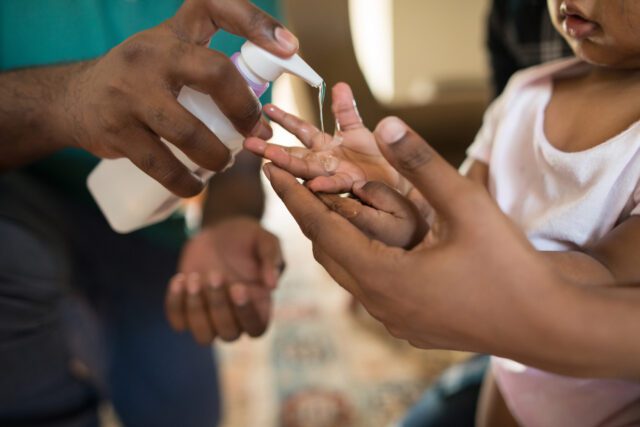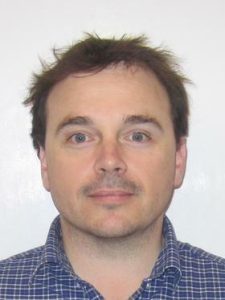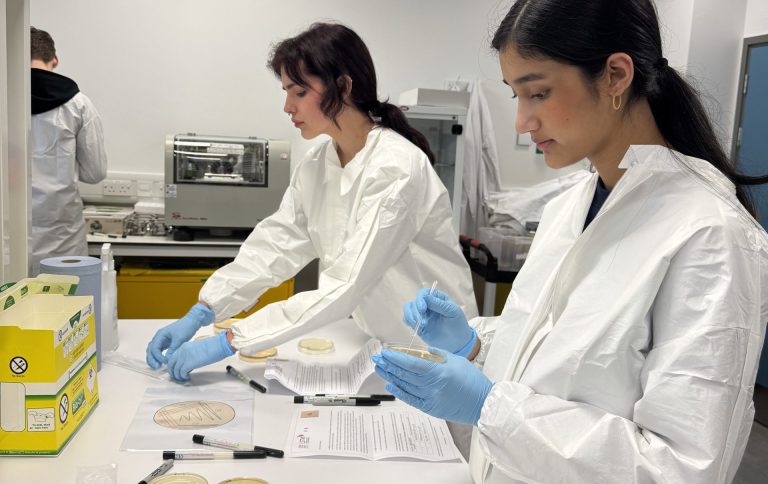- Find our latest Case Studies
- Our Platforms

Platform 8: Mapping and Modelling
Supporting innovation and product development, this platform provides the expert insight required to optimally position health interventions. Industry partners can leverage the Liverpool School of Tropical Medicine’s world-leading expertise in mapping and modelling of the transmission and dissemination of pathogens at a micro and macro level.
A major focus has been the creation of a study to explore reducing the risk to vulnerable patients of drug-resistant bacterial infections in residential care homes and hospital settings. The study seeks to improve the care of vulnerable adults through enhanced infection prevention and control, allowing better stewardship of our last line of defence antibiotics, one of our most precious healthcare resources.
Professor Nicholas Feasey, an Infectious Diseases physician, and Professor of Clinical Microbiology at the Liverpool School of Tropical Medicine, is leading on the project.
“When elderly and vulnerable patients arrive at an NHS hospital from residential care, or if they’ve had recent hospitalisation, we’re a bit more suspicious that they’ll have a serious bacterial infection that is difficult to treat with standard antibiotics. If you are vulnerable and have a severe infection, you often can’t wait for test results to get the right diagnosis. And so quite often, we weigh-in with some of our last line antibiotics.
“We’re trying to understand why there is an increased risk in some settings and explore ways of preventing patients from acquiring drug-resistant infections.
“Most infections come from bacteria in our bodies, typically in our gut. They don’t normally cause us any harm – E. coli is an example, it’s ubiquitous, and present at very low levels in all of our guts. Yet it can cause urinary tract infections, which, if you are frail, can spill over into the blood and become life threatening and life ending. So we’re trying to stop the spread of those variants of E. coli which are resistant to commonly used antibiotics.”
The study concluded recruitment in Merseyside in 2024 and data are now being analysed to investigate how dangerous drug-resistant bacteria move around and to identify ways to interrupt that transmission which are pragmatic, affordable and have the potential to be implemented in care home settings.
For more information or to learn how your business can engage with this platform.






Platform Lead
Professor Nicholas Feasey
Infectious Diseases Physician and Professor of Clinical Microbiology at the Liverpool School of Tropical Medicine
Professor Feasey's research is focused on the surveillance and management of antimicrobial resistant bacterial infection, and taking a one health approach to exploring the transmission of enteric pathogens associated with invasive disease. His research group uses bacterial genomics, spatial statistics and transmission modelling in collaboration with the Wellcome Sanger Institute and CHICAS at the University of Lancaster.
Read more

Platform Lead
Dr Grant Hughes
Reader and Wolfson Fellow at Liverpool School of Tropical Medicine
Professor Hughes’ PhD research at The University of Queensland focused on developing a symbiotic control strategy of an agricultural disease caused by a viral pathogen transmitted by Planthoppers.
Read more

